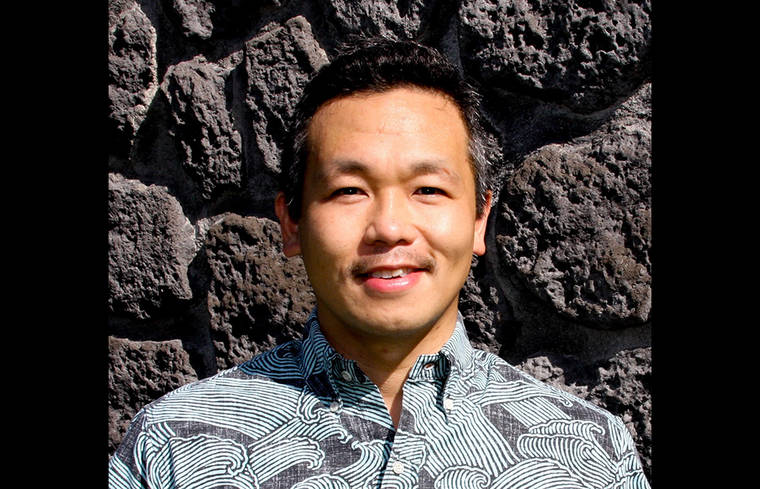Nearly everyone who was eligible to have their eruption-damaged homes bought out by Hawaii County has applied for the program.
The first phase of the county’s Voluntary Housing Buyout Program ran from the end of April to the end of July, allowing those whose primary residences were destroyed or damaged in the 2018 Kilauea eruption to sell their properties to the county.
Kilauea recovery officer Doug Le said 294 primary residences have been identified in the area targeted by the program. By the end of the first phase, he said, the county had received 284 applications.
“It’s affirming, and not surprising, that we’ve seen such clear interest and uptake from folks who lost their primary residence,” Le said.
The program is funded by $83.8 million in U.S. Department of Housing and Urban Development Community Development Block Grants. Meanwhile, an additional $23.7 million in HUD grant funds is pending and will be directed toward the project.
So far, no applicant has received a payout — Le said the process for each applicant should take about six months after the completion of the application process — but the county will pay the 2017 value of the property up to $230,000.
“I’m not going to fully commit until I get a number,” said former Lanipuna Gardens resident Kieba Blacklidge. “But I told the case officer that I’m not interested in just getting something like $10,000, and he seemed to think I’d get a lot more than that.”
Blacklidge said she was glad the program exists after her home and business in Lanipuna was destroyed, but added that she was hoping the process could happen a bit faster. Blacklidge said she first applied to the program in April, but did not receive a call from a case officer until July.
“I’d love for it to happen faster, especially because I don’t have enough money to finish my tiny house right now,” Blacklidge said. “… But they’ve made things clear that they’ve never done this before, so I get it.”
Julie Leialoha, program manager for the county’s Community Development Block Grant-Disaster Recovery projects, acknowledged that participants are anxious to make it to escrow, and urged applicants to remain patient.
Other applicants have been apprehensive about the process, with many saying it left them confused.
“I haven’t finished the process yet,” said Keaau resident James Lehner, whose Vacationland home was destroyed in the eruption. “The whole thing is very confusing.”
Lehner said he couldn’t be sure whether he will be eligible for any kind of meaningful payout — any unspent insurance payments for an applicant’s destroyed property can be weighed against the county’s final offer — and held off on applying until late July.
Leilani Estates resident Kris Burmeister said he changed his mind about applying at the last minute. Last year, he said, he wasn’t interested in selling, but he ended up applying for a buyout in the last week of July.
“I thought about it, and I realized times are hard,” Burmeister said. “Money talks, and work isn’t the same these days.”
Burmeister said he might turn down any county offer that is less than what his home was worth before the pandemic.
Former Vacationland resident Betty Oberman said she stopped the application process entirely because she felt it was too difficult and asked for too much information.
“They needed me to prove the title to the house,” Oberman said. “But I couldn’t save anything. I drove out of there with the clothes on my back. I paid for the house in cash, so where’s the title? The county should have it.”
Le and Leialoha said that, even though applications for Phase 1 have closed for now, those who applied can still work with the county to manage the process.
“Dealing with the paperwork can be frustrating, but we do have requirements that we have to follow for (the Department of Housing and Urban Development),” Leialoha said. “We just want to get through the process as quickly as possible.”
Meanwhile, the county has received about 50 pre-registrations for each of the next two phases of the program, which will respectively allow owners of secondary residences and undeveloped properties to apply for buyouts.
Le said people can pre-register at any time between phases, but no applications for Phase 2 can be made until it starts on Nov. 1.
Owners of primary residences can still apply in phases 2 and 3.
Registrations and applications for the program can be found at recovery.hawaiicounty.gov/resources/housing-buyout-program. Applicants can call (808) 961-8996 for assistance.
Email Michael Brestovansky at mbrestovansky@hawaiitribune-herald.com.






